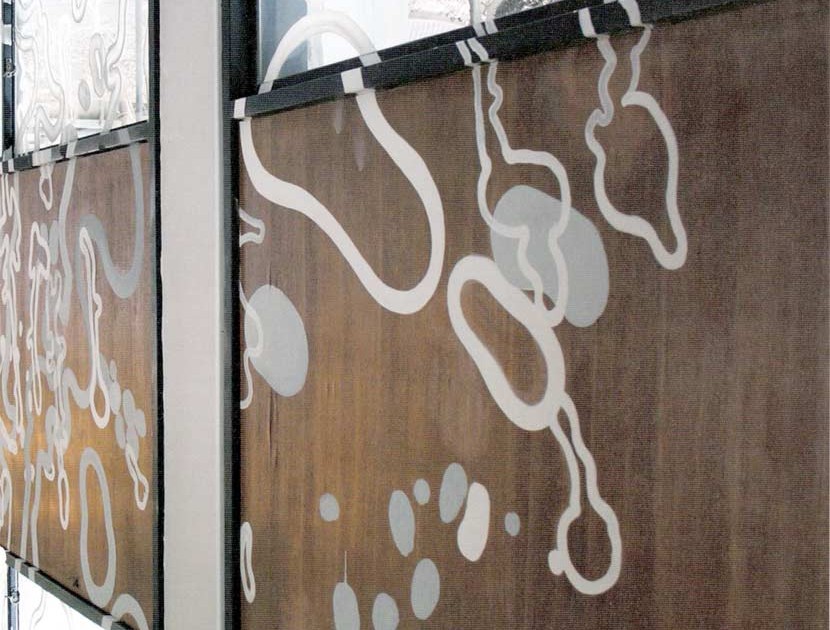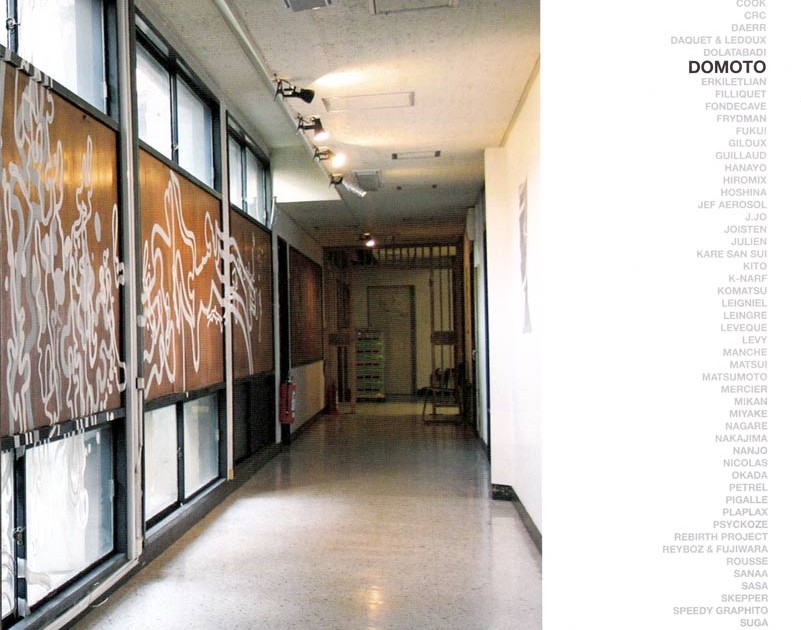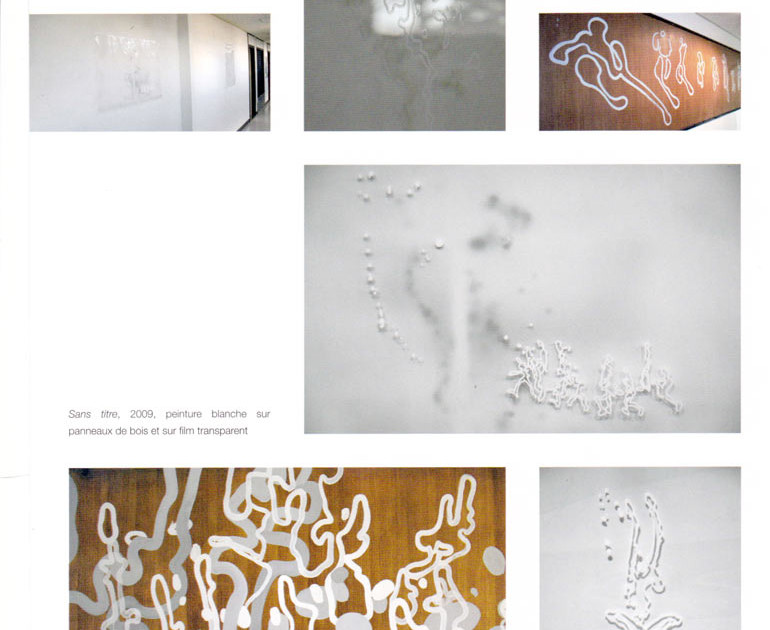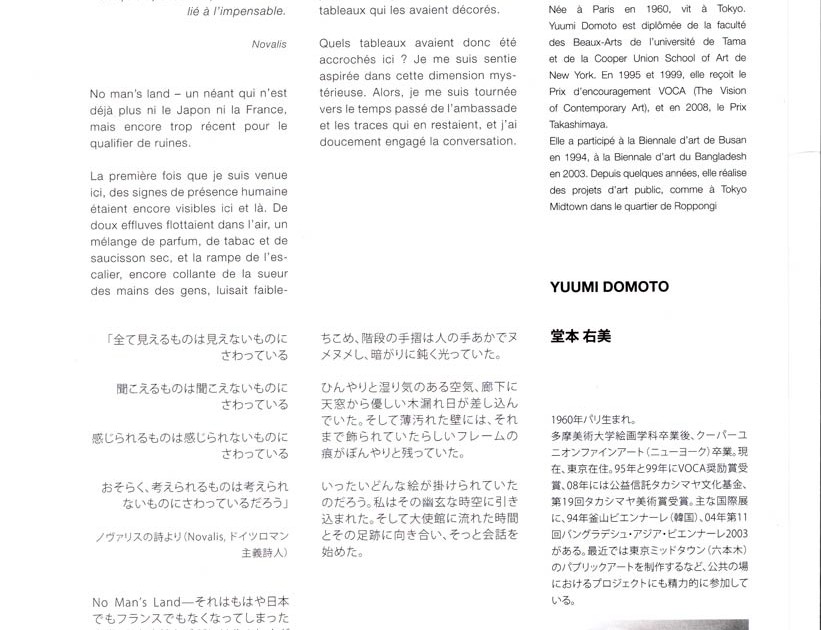No Man’s Land
Yuumi Domoto
Everything visible touches the invisible.
The audible touches the inaudible.
The felt touches the unfelt.
And, most likely, the thinkable touches the unthinkable.
Novalis
No Man’s Land – an unoccupied space that was no longer a part of either Japan or France but was too fresh and raw to be described as an abandoned place or a ruin.
When I first entered it, I felt a sense of human presence here and there. There was a faint whiff of perfume, tobacco, and sausage. The banisters were slick with the residue of human hands and had a dark, dull glow.
The air was cool and damp. A soft light passing through leaves shone into the hallway from a skylight. A clean area where a framed picture must have hung stood out on the faintly soiled wall.
What sort of picture had been mounted there? I felt myself pulled into a mysterious time and space. I confronted the time flowing through the embassy and the traces it had left as I gently entered into a quiet conversation.
魂の「半=悲劇的」ランドスケープ
堂本右美
「全て見えるものは見えないものにさわっている。
聞こえるものは聞こえないものにさわっている。
感じられるものは感じられないものにさわっている。
おそらく、考えられるものは考えられないものにさわっているだろう。」
ノヴァリスの詩より
(Novalis、ドイツロマン主義詩人)
No Man’s Land―それはもはや日本でもフランスでもなくなってしまった空虚、でも廃墟と呼ぶには生々しすぎる。
初めて足を踏み入れた時は、まだ人々の気配があちらこちらにうつろっていた。硬水とタバコ、そしてソシソンセックがいりまじったような甘い香りが立ちこめ、階段の手すりは人の手あかでヌメヌメし、暗がりに鈍く光っていた。
ひんやりと湿り気のある空気、廊下に天窓から優しい木漏れ日が差し込んでいた。そして薄汚れた壁には、それまで飾られていたらしいフレームの痕がぼんやりと残っていた。
いったいどんな絵が掛けられていたのだろう。私はその幽玄な時空に引き込まれた。そして大使館に流れた時間とその足跡に向き合い、そっと会話を始めた。






